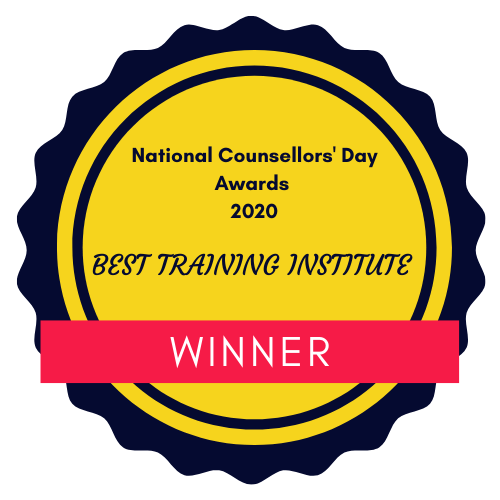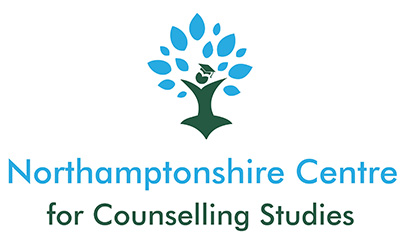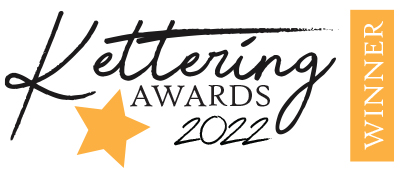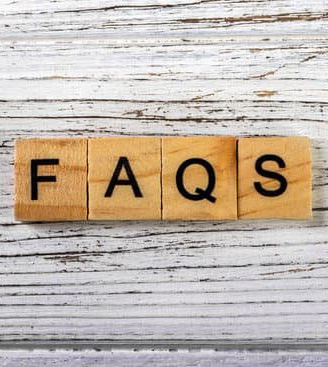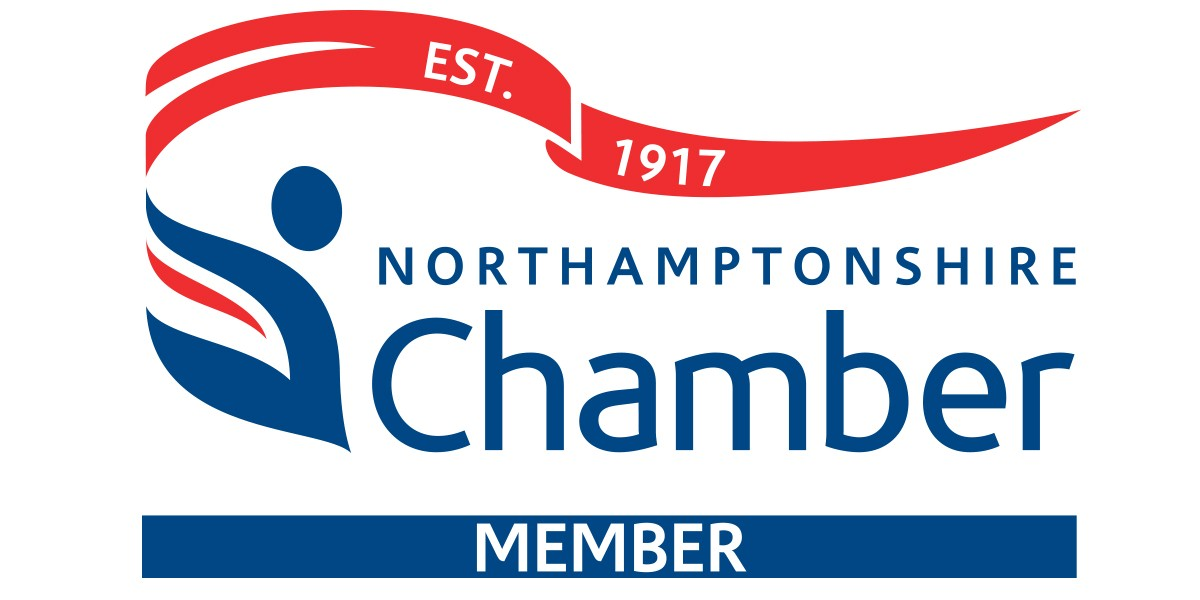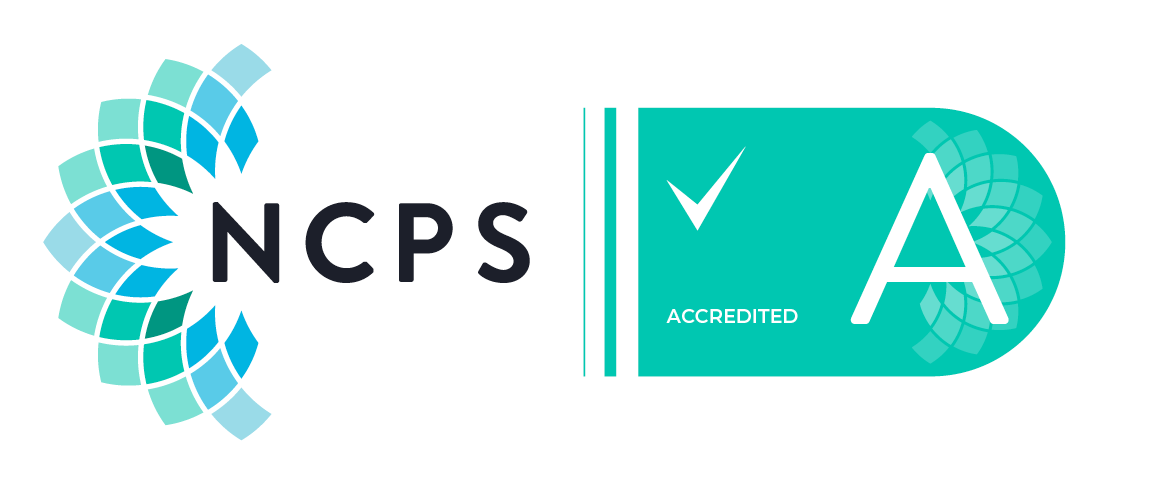Frequently Asked Questions
Click below to find out more about...
I want to be a counsellor - where do I start?
Mre information can be found here.
Why should I choose courses offered by NCCS?
NCCS is an award-winning training centre that provides robust, expert-led, high-quality counselling training courses that are approved provided by the Counselling & Psychotherapy Central Awarding Body (CPCAB). The CPCAB is a UK-based awarding body that is managed by professional counsellors, trainers and supervisors and are the only awarding body in Europe to specialise in the field of counselling.
CPCAB has grown to become the UK's leading specialist awarding body in counselling. Their success is based on their commitment to developing competent counsellors - they are the only awarding body run by counsellors for counsellors.
The CPCAB provide a coherent progression route to becoming a practicing counsellor in both a counselling agency, private practice and beyond to becoming a counselling supervisor. Undertaking CPCAB courses provides the necessary guided learning hours required for counselling accreditation should a practicing counsellor wish to undertake this in the future.
I have a psychology degree - can I use this as a contribution towards my counselling training?
Undertaking a psychology degree and counselling training are two different things;
While both cover similar aspects in relation to theory of personality, a psychology degree is a knowledge-based qualification which requires a high level of academic ability. This is compared to counselling training which is a relational activity which depends on personal qualities, self-awareness and soft skills such as the ability to build a trusting relationship, work with difference and diveristy and covey empathic understanding.
These aspects of counselling training are not included or assessed in most psychology degree programmes and have to be learnt and developed in a very different learning context. Unless psychology degree students have other relevant experience, you will need to start with the Level 2 Certificate in Counselling Skills (CSK-L2).
Do I have to complete the 10 week Introduction to Counselling course before applying for the Level 2 Certificate in Counselling Skills course?
It is not mandatory to complete the Introduction to Counselling course at NCCS and students are permitted to apply directly for the 90 hour Level 2 Certificate in Counselling Skills course.
However, there are many reasons as to why you may consider undertaking this Introduction to Counselling course first. Perhaps you haven't studied or been in a classroom environment for a number of years and would like to build up your confidence. You might want to gain knowledge and understanding of counselling training and more specifically CPCAB courses before committing to a 90 hour Certificate in Counselling Skills course. Maybe, you want to gain a feel for NCCS as a training centre and how we teach our courses.
Completion of this course can provide a good foundation for those who wish to progress onto the next level of training gaining a good knowledge of the CPCAB and NCCS assessment procedures.
It is advised not to dismiss the completion of the Introduction to Counselling course outright but to consider your individual circumstances and whether this course will be beneficial to you. Non-completion of the Introduction course will also be discussed at the interview for the Level 2 Certificate in Counselling Skills course should you apply for this without completion of the Introduction course.
Do I have to start at level 2?
If you have already gained counselling skills and theory qualifications with another awarding body, NCCS will look at the number of guided learning hours (GLH) undertaken in a classroom and what the course comprised of in relation to the learning of theory and practical skills practice.
To start at Level 3, applicants will have completed an equivalent skills practice course that comprises of a minimum of 90 GLH
To start at Level 4, potential students will have completed equivalent skills and theory courses comprising of at least 180 GLH
If you are unsure whether this relates to you then please contact NCCS and we will arrange a telephone conversation with you.
At NCCS, online or distance learning courses that do not contain live teaching or regualarly assessed skills practical sessions will not be accepted as recognised prior learning.
Can I train to be a counsellor via distance learning?
In a world where counselling is an unregulated profession, there is a wide-range of training available and there is a place for distance learning or online courses, usually for Continuous Professional Development (CPD) once the formal counselling training has been completed or when combined with high-quality classroom based learning (e.g. The Open University/CPCAB Foundation Degree).
Good quality counselling training has a solid relational foundation at its core and NCCS believe that in the first instance, this cannot be achieved via online or distance learning that doesn't involve live, synchronous teaching or regularly assessed skills practice sessions.
NCCS offers CPCAB courses which all incorporate regular live teaching and assessed skills practice sessions (either in the classroom or online) and provide the benefits of an environment that consists of experiential learning building counselling competence as each level of training is undertaken.
Professional membership bodies such as the British Association for Counsellors and Psychotherapists (BACP) or the National Counselling Society (NCS) require counsellors to register on an Approved Voluntary Register by the Professional Standards Authority (PSA). To do this the membership bodies and PSA insist that a proportion of the would-be counsellor's training is provided by live teaching.
BACP state: "We believe that practising counselling skills under supervision, and with feedback from staff and fellow students, is an important aspect of training. Online and distant learning courses can offer an introduction to the use of counselling skills and theory, but do not have this relationship with staff and other students".
Any online or distance learning courses undertaken that are not synchronous and don't involve live teaching will also not count towards the training hours required for profession membership or accreditation should this be undertaken in the future once practicing.
At NCCS, online or distance learning courses that do not contain live teaching or regularly assessed skills practical sessions will not be accepted as recognised prior learning.
What funding is available for courses?
As a private training centre, funding in the form of learning loans and remitted fees are not available. However, in order to help spread the cost an installment payment option is available once the deposit has been paid.
How much will courses cost?
Level 2 Introduction to Counselling
Classroom
- Course Fee (30 hours of live teaching) - £250 PLUS
- CPCAB Registration Fee - £54
Level 2 Certificate in Counselling Skills
- Course Fee (90 hours of live teaching) - £700 PLUS
- CPCAB Registration Fee - £169
Level 3 Certificate in Counselling Studies
- Course Fee (90 hours of live teaching) - £800 PLUS
- CPCAB Registration Fee - £171
Level 4 Diploma in Therapeutic Counselling
- Various options - see course brochure
Will NCCS courses count towards the Open University Foundation Degree?
Our Level 4 course forms part of the Open University Foundation Degree progression route.
The Foundation Degree is made up of the CPCAB Level 4 Diploma in Therapeutic Counselling, a mandatory Open University module (D240 Counselling: exploring fear and sadness) PLUS a choice of Open University modules and optional CPCAB level 5 practitioner qualifications.
More information can be found by watching this video.
What is the difference between CPCAB and BACP?
CPCAB is an awarding organisation for counselling courses. These are sometimes called awarding bodies or examination boards. This is compared to the BACP (British Association for Counsellors and Psychotherapists) which is a professional membership body that counsellors can become a member of. It's role is to set standards, protect the public, hear and review complaints. They don't award counselling qualifications. There are also other awarding bodies such as the National Counselling Society (NCS).
I have completed the Level 4 diploma. What letters can I have after my name?
The normal letters for the Diploma in Therapeutic Counselling (TC-L4) is “Dip.Couns”.
Qualifications below level 4 would not normally be listed but there would be no objection to “Cert.Couns.Skills” (CSK-L2) or “Cert.Couns.Studies” (CST-L3).
